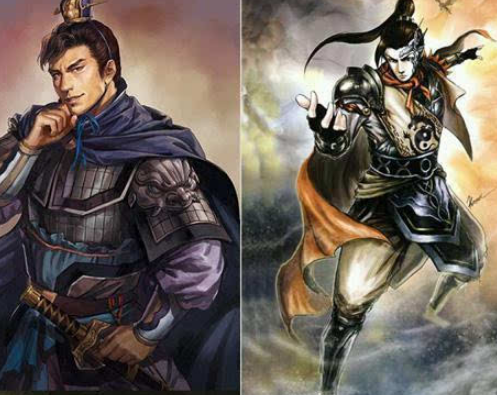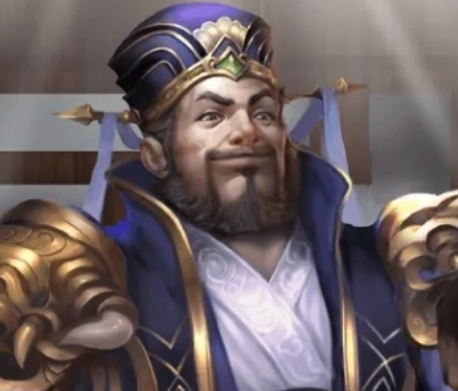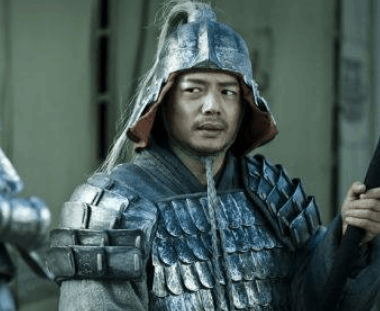As the last feudal dynasty in Chinese history, the Qing Dynasty failed to produce direct descendants for its last three emperors: Tongzhi, Guangxu, and Xuantong. This phenomenon has attracted widespread attention from historians and researchers. What caused these three emperors to have no children? This article will delve into this issue.

I. The Reason for Tongzhi Emperor's Childlessness
Tongzhi Emperor was the son of Xianfeng Emperor. His reign was very brief, ascending the throne at age 6 and dying at age 19. Due to his young age at accession, his fertility had not yet matured. Additionally, the intense political struggles and constant internal and external disturbances during his reign may have contributed to his health issues, which in turn affected his fertility. Furthermore, Tongzhi Emperor's marital life was also interfered with by powerful officials such as Cixi Dowager Empress, which may have been another factor leading to his childlessness.
II. The Reason for Guangxu Emperor's Childlessness
Guangxu Emperor was Tongzhi Emperor's cousin. Although he reigned for a longer period, he lived under the shadow of Cixi Dowager Empress and his personal will was difficult to realize. According to historical records, Guangxu Emperor's physical health was not ideal, suffering from severe kidney disease and other illnesses. These health issues may have been the main reason for his infertility. At the same time, political pressure and depressed psychological state may have also had a negative impact on his fertility.
III. The Truth Behind Xuantong Emperor's Failure to Leave Descendants
Xuantong Emperor Puyi was the last emperor of the Qing Dynasty. He was still a child when forced to abdicate in 1912. Puyi's life was full of tribulations, first being deposed as a civilian, later serving as a puppet emperor in Japan's puppet state of Manchukuo, and ultimately becoming an ordinary citizen after the founding of New China. Throughout his life, Puyi's personal destiny was greatly influenced by political and social unrest, which may have been an important reason for his failure to have descendants. In addition, Puyi's personal lifestyle and health status may have also contributed to his childlessness.
IV. Conclusion
In summary, the reasons why the last three emperors of the Qing Dynasty had no children were multifaceted, including health conditions, political pressure, personal psychological factors, and dramatic changes in living environment. This phenomenon reflects the political unrest and social changes in the late Qing Dynasty to some extent, and also heralds the end of the feudal dynasty and the advent of a new era. Through the exploration of this historical phenomenon, we can gain a deeper understanding of the complexity of history and the multifaceted nature of human nature.
Disclaimer: The above content is sourced from the internet and the copyright belongs to the original author. If there is any infringement of your original copyright, please inform us and we will delete the relevant content as soon as possible.































